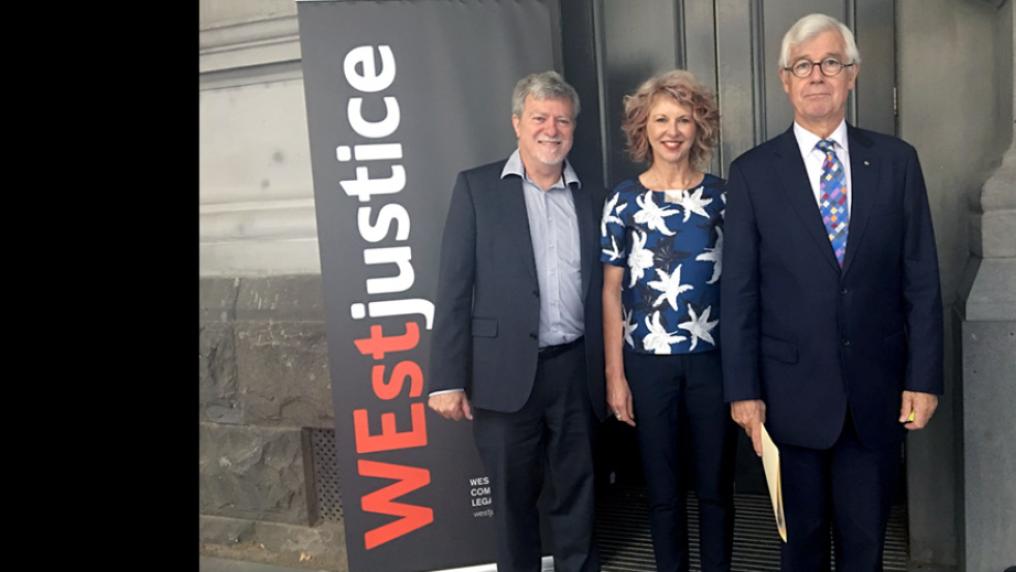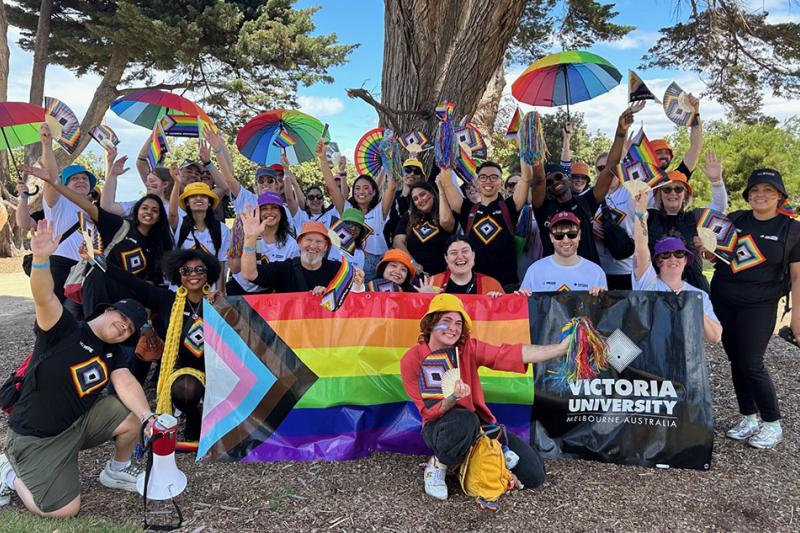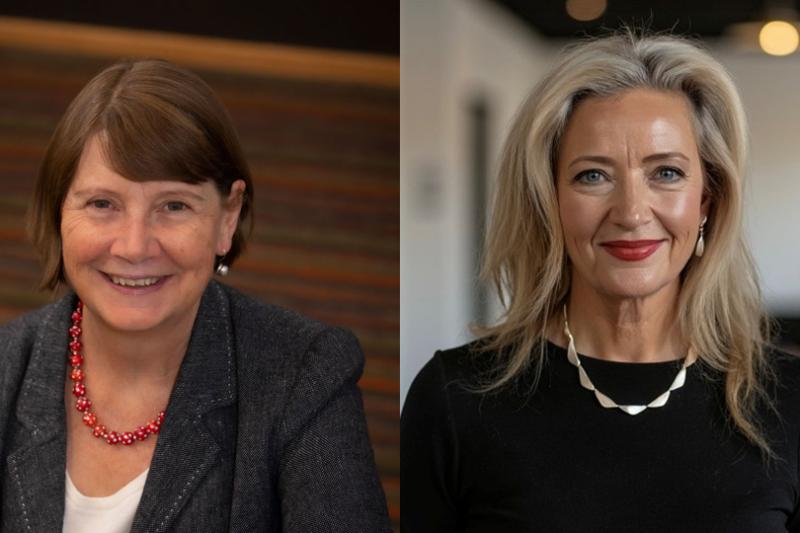Free public transport needed for students

Free public transport for disadvantaged students is needed to curb the rising rate of transport poverty in Melbourne's west, a Victoria University research report has found.
The report Fare Go: Myki, Transport Poverty and Access to Education in Melbourne’s West, from Victoria University and the WEstjustice Sunshine Youth Office, found a large chunk of disadvantaged students in the west skip school because they cannot afford to get there.
The joint report, launched by human rights lawyer Julian Burnside QC on 22 March, highlights the financial disadvantage, stress and anxiety for youth experiencing problems with public transport.
It found students were deliberately missing school – and falling even further behind – because they did not have enough money to pay for public transport, afford Myki top-ups or pay fines incurred for riding without a valid travel card.
Author Su Robertson, Director of Clinical Programs at the VU College of Law and Justice, said the situation was causing social and financial hardship for already marginalised youth.
“Transport poverty results in contact with the infringements system, which is complex, ineffective and a source of social hardship,” she said.
“It can include missing school, homelessness and emotional distresses… those kids who can’t afford such basics can also suffer humiliation, be ostracised from their peers and fall even further behind by continuing to skip school.”
The report’s recommendations include:
- Free public transport travel to all passengers 18 and under as well as secondary students with a parent, carer or guardian holding a healthcare card or receiving Centrelink payment
- Accepting identification issued by an authorised educational institution as proof age or student status for the purposes of free travel.
- Educational institutions be allowed to issue free Myki travel cards to students
- Scrapping public transport fines for anyone under 18.
Ms Roberston, who is a clinical supervisor at the WEstjustice Sunshine Youth Office, said about half of the youth legal centre’s clients, aged between 14 and 17, have sought help for public transport infringements.
“We need new ways of thinking about public transport access for young people with a particular focus on getting to and from school in Melbourne’s west…they shouldn't have to weigh up whether they should risk a fine or risk getting in trouble for not going to school,” she said.



